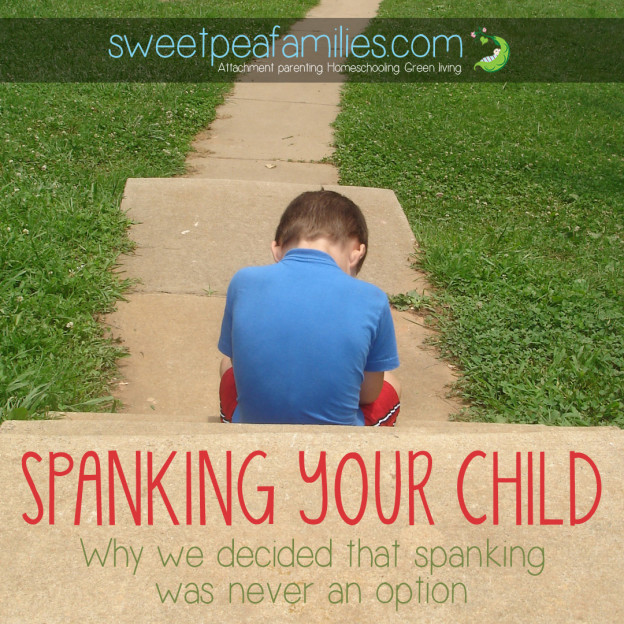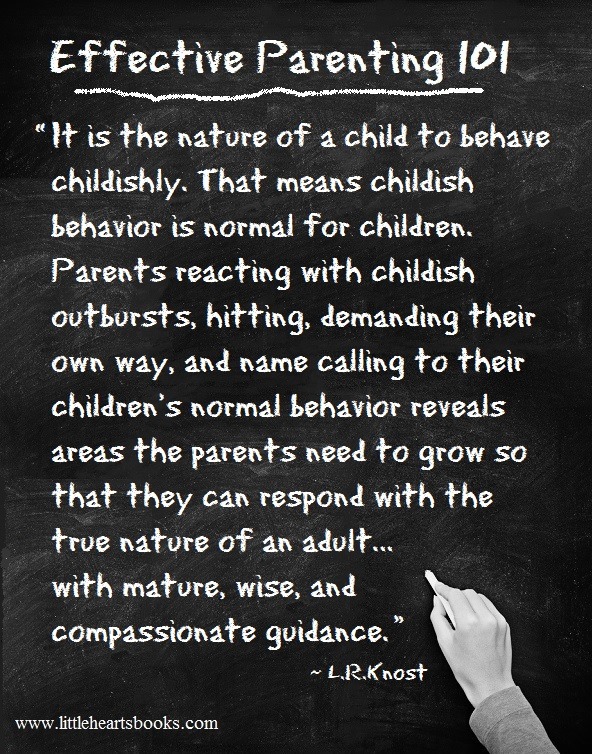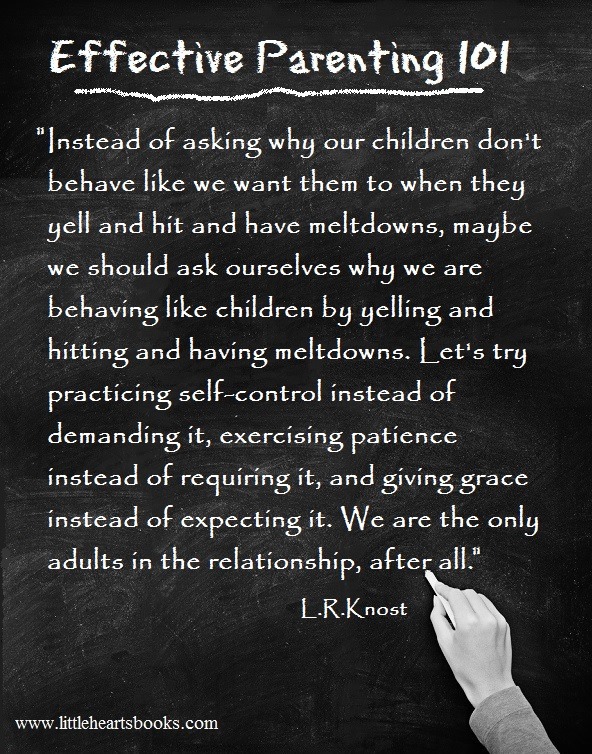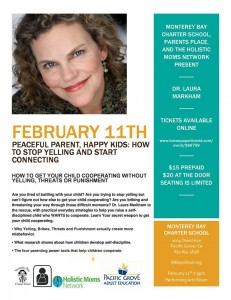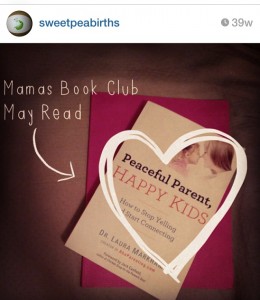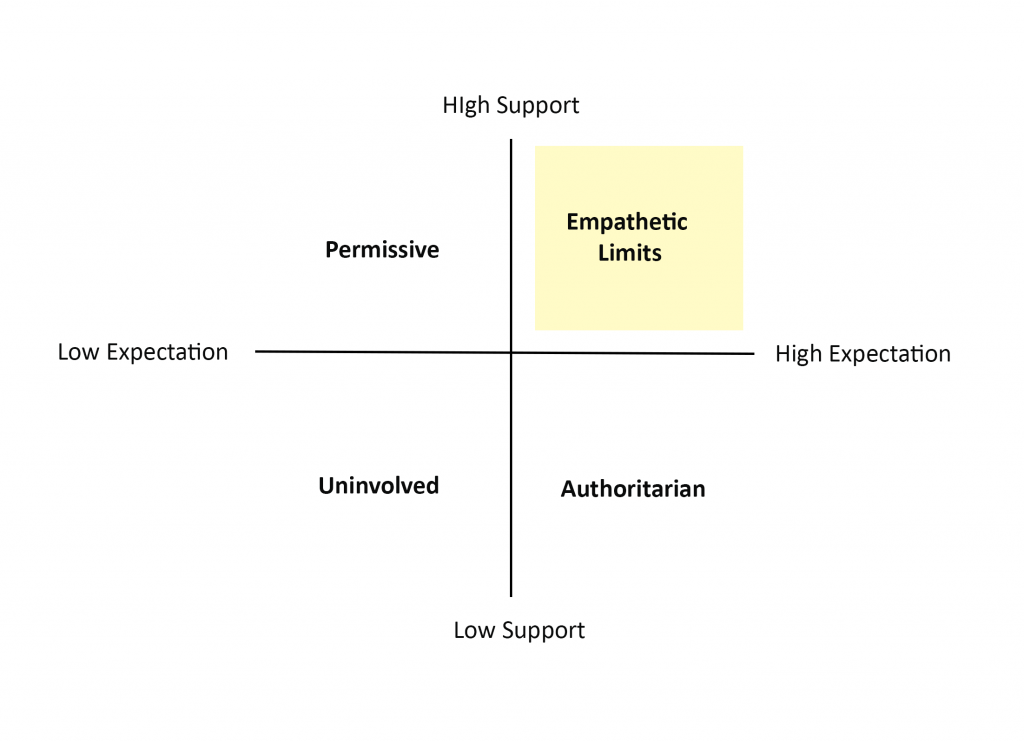Spanking.
If you told my 25-year-old self that I would be totally opposed to spanking when I became a mother, that Krystyna would have scoffed at you. What could be wrong with it? Kids need discipline from time to time, and spanking definitely yields results. I was spanked, and I turned out ok. Right?!?
Enter the voice of a wise woman I worked with – one sentence started to shift my perspective on the whole spanking thing. I commented on how lovely her children were to be around, and asked about her parenting style. I was shocked to hear that she didn’t spank them; I just assumed all well-behaved children had been paddled into submission. As it turns out, this mama believed in and practiced gentle parenting, even though I didn’t know the term at the time.
Q: “You have never spanked them?”
A: “Never – spanking is a big person hitting a little person – nothing makes sense about that.”
Wait…WHAT did she just say?
The decision not to spank was sealed when I gave birth to Puma. As I held her in my arms that very first hour, I knew that hitting her on purpose, with intention to punish or discipline, was not going to be an option.
And so started the mental shift from considering spanking an acceptable form of discipline, to striving to find as many other natural consequences and gentle parenting techniques as possible.
Here are two of my favorite quotes from L.R. Knost:
Childish behavior is normal…for children. <3 http://t.co/T8goym3P6Z
Posted by L.R.Knost – Little Hearts/Gentle Parenting Resources on Sunday, March 15, 2015Let’s practice what we preach. <3 http://www.littleheartsbooks.com/
Posted by L.R.Knost – Little Hearts/Gentle Parenting Resources on Thursday, July 17, 2014
5 Gentle Parenting Go-Tos
Parenting with intention is easy when our cups are full and we are rested. Realistically, how many of those days we *actually* have depends on the season we are in as a family. Do you need resources to help stay gentle? Here are some websites that have been helpful to me, and other students in our SPB community:
Aha! Parenting
http://www.ahaparenting.com
“Are you looking for that Aha! Moment to transform your child’s behavior, or maybe your own?
Whether you’re wondering how to handle a specific challenge, just figuring out your child-raising approach, or ready to tear your hair out, you’ve come to the right place.
You know what an Aha! Moment is, right?
With our child, it’s that lightning flash of insight, when suddenly we see things from another perspective, and everything has the potential to be different. This website has Aha! moments for parents of every age child, from pregnancy right through the teen years.”
Janet Lansbury
http://www.janetlansbury.com/
“Raising a child is one the most important and challenging jobs we will ever have. It brings a considerable amount of joy. It can also be confusing, discouraging and haphazard. My goal is to provide clarity, inspiration (and maybe a smile or two) by sharing insights I’ve gained through my parenting classes, my experiences as a mother, and studies with my friend and mentor Magda Gerber. This blog is dedicated to her memory.”
L.R. Knost
www.littleheartsbooks.com
“Sharing gentle parenting tips, articles, and research with parents who want to learn how to connect with their little ones instead of just correcting them. Connect to correct—>gentle, effective, empathetic parenting—>happy, confident, well-mannered children—>joyful, peaceful homes filled with love and laughter.”
Nurshable
http://nurshable.com/
“I publish a variety of things here. Letters to my children explaining different parenting choices that I/we make. Information about breastfeeding, attachment parenting babywearing and other topics that fall into the category of “gentle parenting”, and whatever comes to mind.”
Positive Discipline
http://blog.positivediscipline.com/
“Positive Discipline is a program based on the work of Alfred Adler and Rudolf Dreikurs and designed to teach young people to become responsible, respectful and resourceful members of their communities. Based on the best selling Positive Discipline books by Dr. Jane Nelsen, it teaches important social and life skills in a manner that is deeply respectful and encouraging for both children and adults (including parents, teachers, childcare providers, youth workers, and others).”
Gentle parenting is definitely a lifestyle choice – it invites me to be my best self so that I am available to be the parent I want to be for my children. Another great reminder from L.R. Knost:
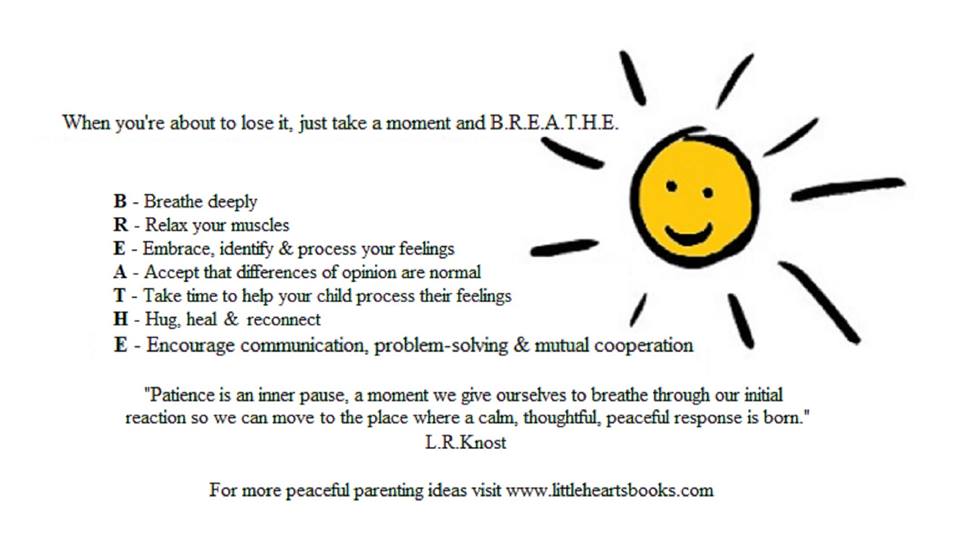
Posted by L.R.Knost – Little Hearts/Gentle Parenting Resources on Friday, April 10, 2015
I hope you find the inspiration you need from these wise parents. Choosing to breathe is not necessarily instinctive or easy. It is however, so, so worth it. The parent-child bond is so precious, and they are with us for such a short amount of time in their lifespan. Gentle parenting helps me make the most of that time, and truly treasure our children as the amazing teachers and human beings that they are.
P.S. Huge thanks to our SPB community that inspired this post <3
I’m human, and the struggle is real some days!! HERE is an anecdote about our season of toddler tantrums with Otter – it took a lot of deep breaths to be peaceful those days!!

